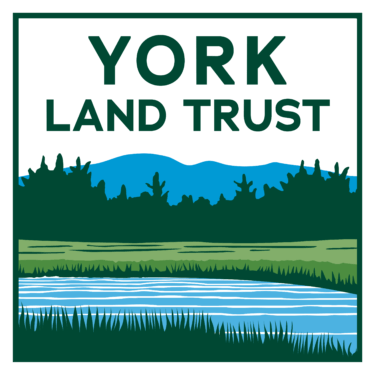Would you like to support local wildlife and spruce up your garden at the same time? We recommend landscaping with native plants, or wildscaping.
Many plants available at nurseries are not native to the northeastern U.S. — they are considered exotic here, and native to other regions of the world. While these plants often look pretty, they don’t support insects in the same way native plants do. That’s because many insects will only nest or spend the winter in plants native to their own home. They may see an exotic plant and not recognize it as safe or suitable. Without access to native plants, insect numbers decline.
On the other hand, providing insects with native plants, in turn, supports populations of birds and other animals that eat these insects. By wildscaping, you actually support the entire food web. “When you plant them, right away you see other creatures coming back,” says Heather McCargo, Executive Director of the Wild Seed Project, a Portland-based organization working to educate the public on the benefits of wildscaping.
And you don’t have to sacrifice beauty when you wildscape, McCargo notes. “There are tons of beautiful native plants and plenty of them are not hard to grow,” she says. Plus, it’s more fun to watch plants that have butterflies and bumble bees flitting around them than ones that don’t, she adds. “It’s a joyful thing.”
The Wild Seed Project sells native seeds on their website as well as at some stores around the state, including Eldredge Lumber in York. Maine Audubon also hosts native plant sales at several locations each year. You may also want to visit the National Wildlife Federation website and use the easy Native Plant Finder to unearth recommendations for flowers, grasses, trees and shrubs that host the most insects in our region. Or, visit www.wildflower.org/plants for a plant finding tool created by the Lady Bird Johnson Wildflower Center to search for plants based on a combination of characteristics like bloom, height, sun, soil and more.
We’re happy to address any questions you may have about wildscaping — if we don’t have the answer, we’ll direct you to additional resources to help you learn more.
Happy gardening!
